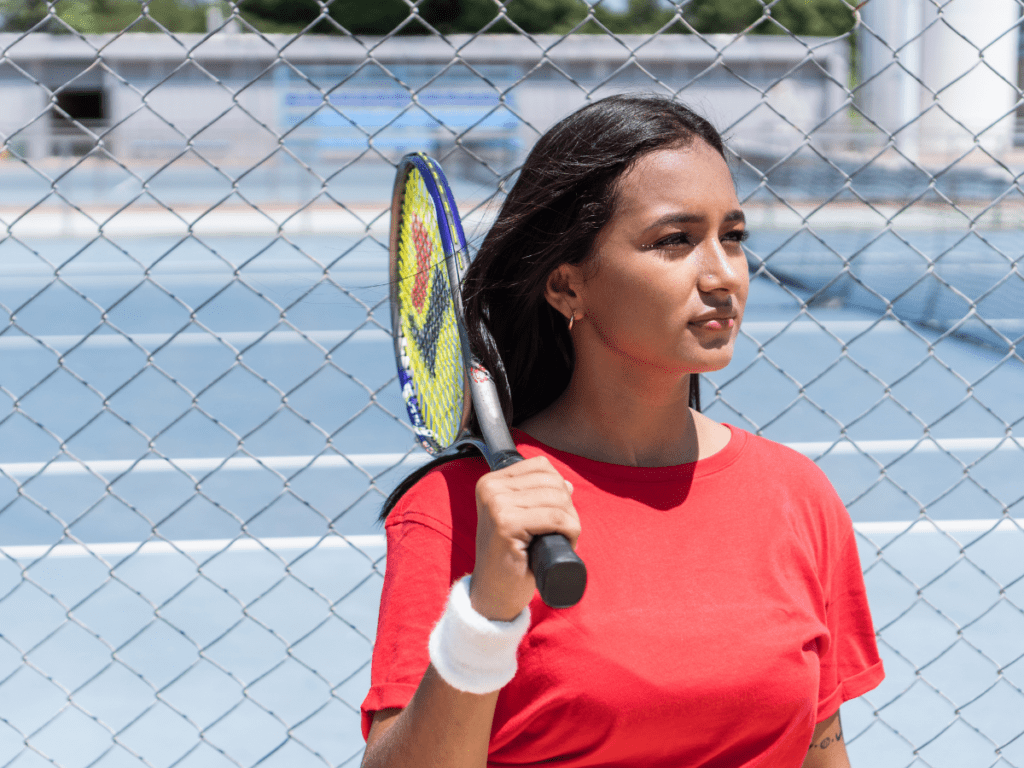Perfectionistic traits and distance running
In competitive sports, understanding how to achieve peak performance is crucial. This study found that athletes with perfectionistic traits performed better in a 10K run and a half-marathon, indicating that a drive for perfection can enhance results in distance running.
Keto diets for elite endurance athletes
Ketogenic diets are gaining attention in elite endurance sports for their ability to boost fat burning, potentially transforming performance. However, concerns linger about their impact on glycogen use and high-intensity exercise, with mixed results among athletes.
Effective mentoring in sports
The relationship between mentors and mentees stands out as a pivotal factor in effective mentoring. This was highlighted in a study featuring 239 mentor head coaches and 239 mentee assistant coaches, where researchers discovered a significant link between the quality of mentorship and the improvement of mentees’ leadership skills. Such finding underscores the imperative of…
Mental fatigue and sport performance
Mental fatigue is common among many athletes due to the high cognitive demands of sport. Mental fatigue in athletes has been shown to significantly impair both endurance and technical abilities, such as passing and shooting accuracy.
Training load and sport performance
Training load monitoring is crucial in sports for boosting performance and managing injury risk. This study highlights that while the data from these monitors are complex, they are vital for making informed decisions and improving both player performance and overall team success.
A picture of the prevalence and management of the mental health of developing athletes in Quebec

Introduction and background The mental health of athletes has become a priority issue, both on the field and in the scientific literature. However, most studies have focused primarily on the mental health of Olympic and student athletes. This means that other groups of athletes, such as developing athletes, have been less studied. These young people,…
Vitamin supplementation for combat sport athletes
Vitamins are an important yet often overlooked part of athlete nutrition. Taking Vitamin D3 supplements has been shown to aid in increasing strength and power regardless of dosage in recreational male combat athletes. Additionally, 50,000 IU (International units) of vitamin D per week for 6 weeks could be beneficial for combat athletes’ endurance.
Quadrennium mental health support
High performance athletes confront many mental health challenges throughout their career. According to a recent consensus statement, these challenges vary across distinct phases of the Olympic and Paralympic journey, and can impact athletes in the lead up to, during, and after the Games. This underscores the need for heightened mental health awareness as well as…
Youth physical activity during summer holiday
Regular physical activity is crucial for children’s health, but it often declines during out-of-school periods like summer holidays. Children aged 6 to 9 years, experience a significant decrease in overall physical activity during summer holidays, which persisted even after the holidays ended. This underscores the importance of addressing summer holiday trends in physical activity to…
Navigating athlete retirement
Retirement from sport poses challenges for athletes’ identity and mental health. A recent study of Canadian athletes highlights the importance of support from friends, teammates, and family in facilitating career transition planning. Collaborative efforts by sport organizations and staff can educate athletes on how to foster supportive environments, leading to improved performance, prolonged careers, and…